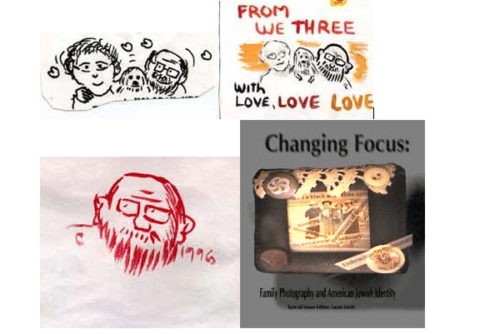Conclusion
International migration has become an important developmental strategy in the Philippines, as the state benefits from the millions of dollars in remittances generated yearly by its citizens employed abroad. Specifically, women migrants have come to play an increasingly significant role as overseas workers. Women’s migration in particular, however, has become a critical site for national debate as people in the Philippines have contested the meanings of gender as it has been transformed by international migration.
Different civil society actors have been concerned with the negative consequences of women’s migration including the extreme forms of violence and abuse women suffer while working and living abroad and have attempted to advocate for migration reform. Research produced to support demands for reform, however, reify problematic, ultimately patriarchal, notions of femininity. Paradoxically, civil society actors, some of whom were ostensibly feminist, characterize women’s migration as undermining the social and moral fabric of the Filipino family, and ultimately the Philippines, as women fail to perform traditional feminine roles in their bid for migration policy reforms.
The state, though initially ambivalent about civil society’s concerns, even with the highly graphic and violent death of Maricris Sioson, is ultimately compelled to address them, particularly when migrants in the labor diaspora bring the issue of women’s migration to a global stage with the protests against the hanging of domestic worker, Flor Contemplacion. When the Philippine state finds its gendered subject-status tested in the global arena, it finally responds to the broader public and migrant advocates’ call for migration policy reform. Indeed, it incorporates many of the same representations circulated by civil society actors in its construction of new migration laws. Yet the paternal logics on which civil society actors’ demands for migration reform rest, lead not to the increased regulation of the state’s migration apparatus, but to the regulation of migrant women themselves.




